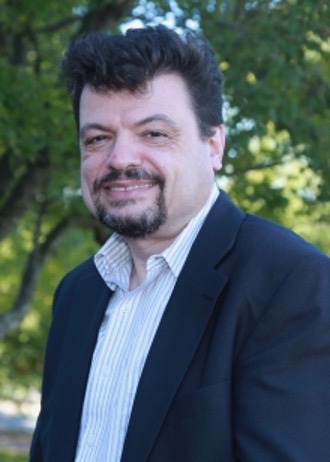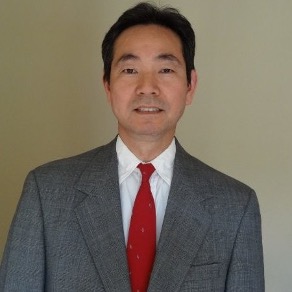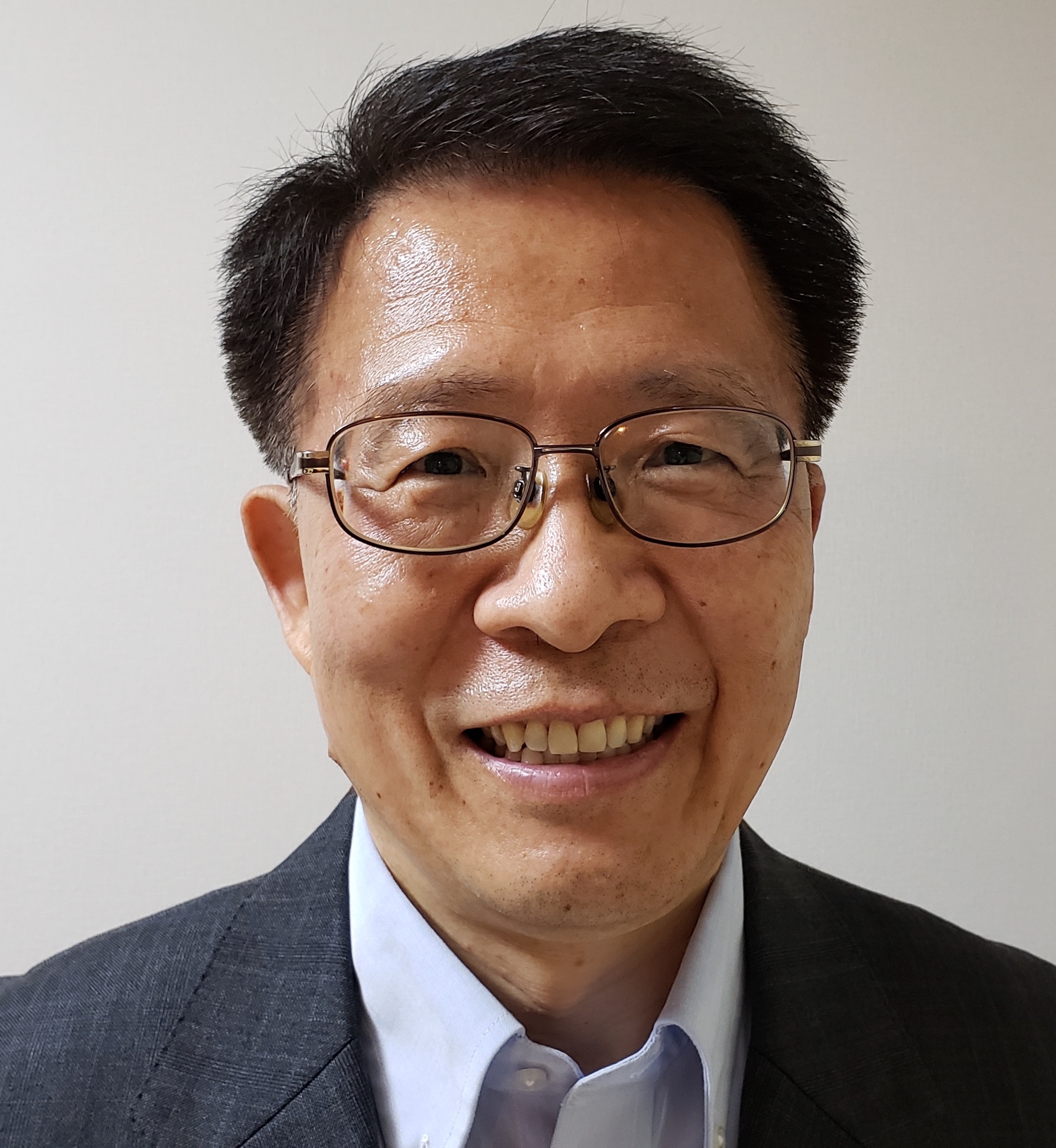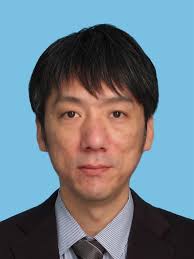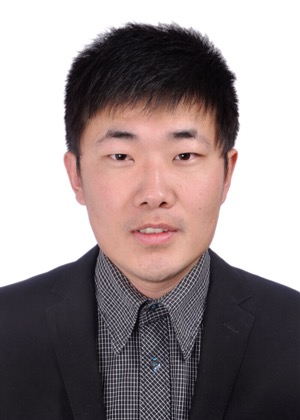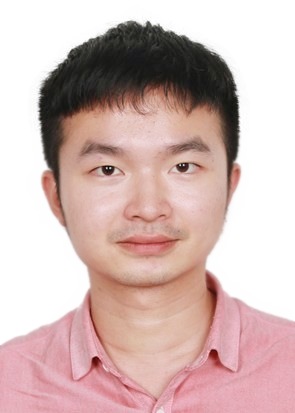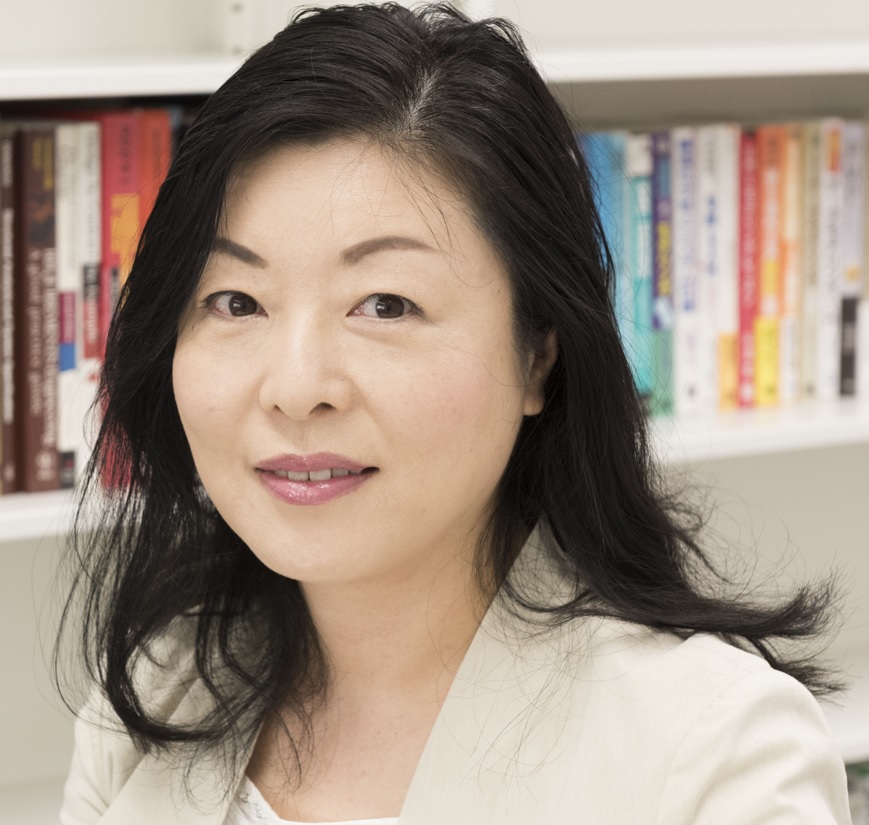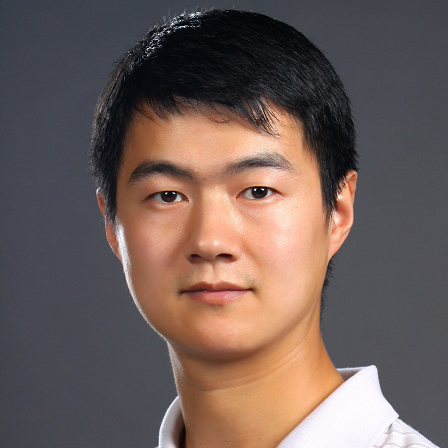Yamine Ait Ameur, IRIT/INPT-ENSEEIHT, France
Cyrille Valentin Artho, KTH Royal Institute of Technology, Sweden
Guangdong Bai,The University of Queensland, Australia
Luciano Baresi, Politecnico di Milano, Italy
Sergiy Bogomolov, Newcastle University, UK
Hadrien Bride, The Australian National University, Australia
Lei Bu, Nanjing University, China
Sen Chen, Tianjin University, China
Yuting Chen, Shangahia Jiaotong University, China
Sylvain Conchon, Université Paris Saclay, France
Lingling Fan, Nankai University, China
Sebastien Gerard, CEA, LIST, France
Hiroshi Hosobe, Hosei University, Japan
Zhe Hou, Griffith University, Australia
Fuyuki Ishikawa, NII, Japan
Kenji Kono, Keio University, Japan
Kenichi Kourai, Kyushu Institute of Technology, Japan
Benson Lam, The Hang Seng University of Hong Kong, China
Kung-Kiu Lau, The University of Manchester, UK
Scott Uk-Lee, Hanyang University (ERICA Campus), Korea
Shang-Wei Lin, Nanyang Technological University, Singapore
Yun Lin, National University of Singapore, Singapore
Shuang Liu, Tianjin University, China
David Lo, Singapore Management University, Singapore
Gerald Luettgen, University of Bamberg, Germany
Tiziana Margaria, Lero, Ireland
Dominiqu Mery, University of Lorraine, France
Weikai Miao, East China Normal University, China
Seyedali Mirjalili, Griffith University, Australia
Fumiko Nagoya, Nihon University, Japan
Shin Nakajima, NII, Japan
Paolo Nesi, University of Florence, Italy
Manuel Nunez, Universidad Computense de Madrid, Spain
Richard Paige, McMaster University, Canada
Jun Pang, University of Luxembourg, Luxembourg
Chiu-Wing Sham, The University of Auckland, New Zealand
Wuwei Shen, Western Michigan University, US
Fu Song, ShanghaiTech University, China
Jing Sun, The University of Auckland, New Zealand
Jun Sun, Singapore Management University, Singapore
Meng Sun, Peking University, China
Safouan Taha, Central Supélec, France
Tatsuhiro Tsuchiya, Osaka University, Japan
Tullio Vardanega, University of Padua, Italy
Hai H. Wang, University of Aston, UK
Haoyu Wang, Beijing University of Posts and Telecommunications, China
Shilin Wang, Shanghai Jiao Tong University, China
Xi Wang, Shanghai University, China
Hironori Washizaki, Waseda University, Japan
Zhilin Wu, Institute of Software, Chinese Academy of Sciences, China
Xiaofei Xie, Nanyang Technological University, Singapore
Yinxing Xue, University of Science and Technology, China
Chenyi Zhang, Jinan University,China
Jianjun Zhao, Kyushu University, Japan
Junjun Zheng, Ritsumeikan University, Japan











